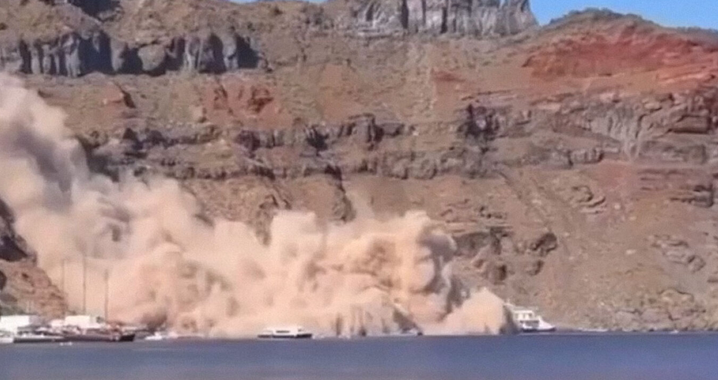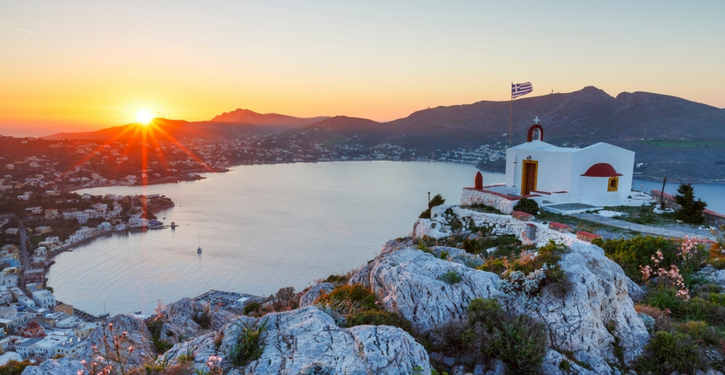South American wind will soon be powering Porsche vehicles around the world thanks to a new biofuel plant that started production today. The automaker announced that its pilot plant in Punta Arenas, Chile, successfully produced its first liters of eFuel, Porsche’s name for its synthetic fuel, which is made from water and carbon dioxide using renewable energy.
Porsche has been working with partners on new liquid fuels for many years, as a supplement to the work on electric vehicles that the VW Group as a whole has been highlighting. Porsche sees eFuels as a green supplement to EVs on what it calls its “double-e path” that encompasses both e-mobility and eFuels. Porsche calls eFuel a practical alternative that allows internal combustion engine vehicles to operate in a “nearly CO2-neutral” manner and said its new plant would be able to produce up to 145 million gallons of biofuel each year before the end of the decade.
Gazprom: gas supplied in full, bypassing damaged Russian export pipeline
Those gallons will one day be sold on the open market, Porsche representatives said during a briefing for journalists today, but the initial test batch of a modest 34,000 annual gallons is destined more for promotional purposes. The eFuel will first be shipped from Chile to what the automaker calls its “lighthouse projects,” like the Porsche Mobil 1 Supercup. The eFuel will also be used in vehicles at Porsche Experience Centers around the world, allowing fans to burn biomass instead of fossil fuels on the track. Once the pilot phase ends, the Punta Arenas plant will be able to produce a projected 14.5 million gallons each year by the middle of the decade, Porsche said, before hitting the 145-million-gallon target two years later.
Read more: Car & Driver




































